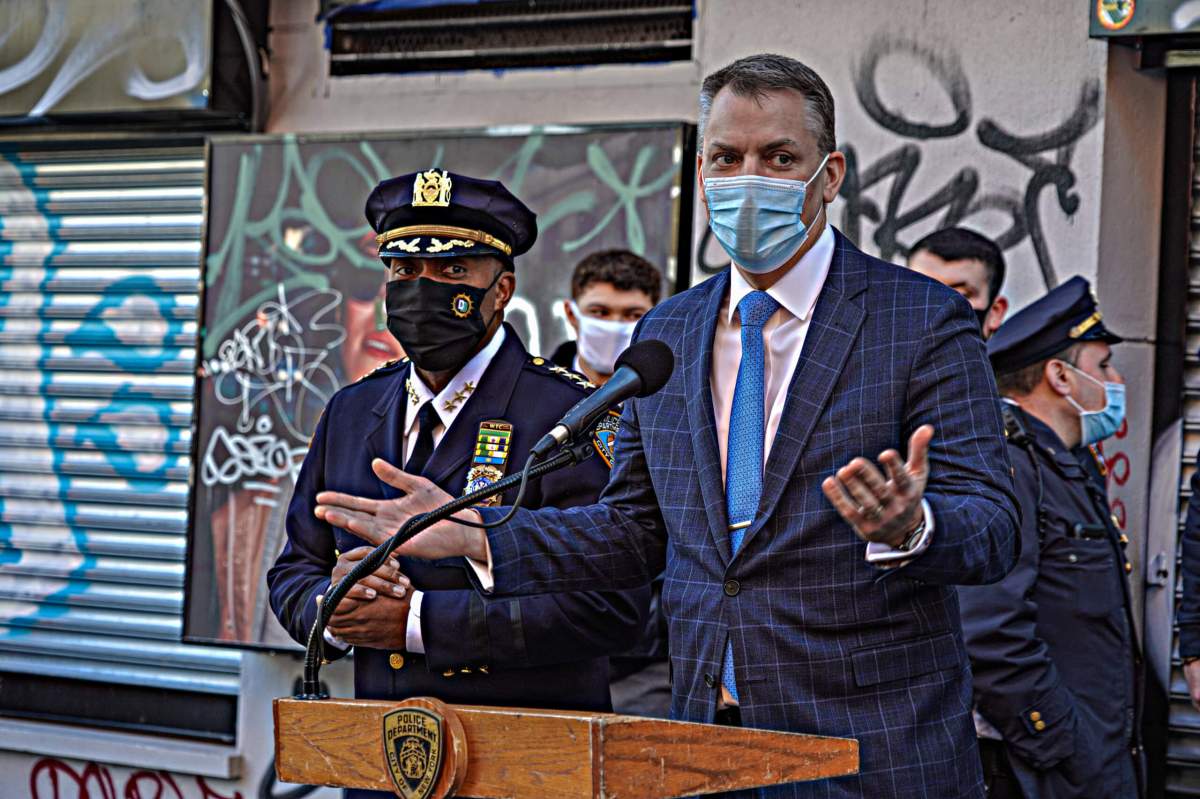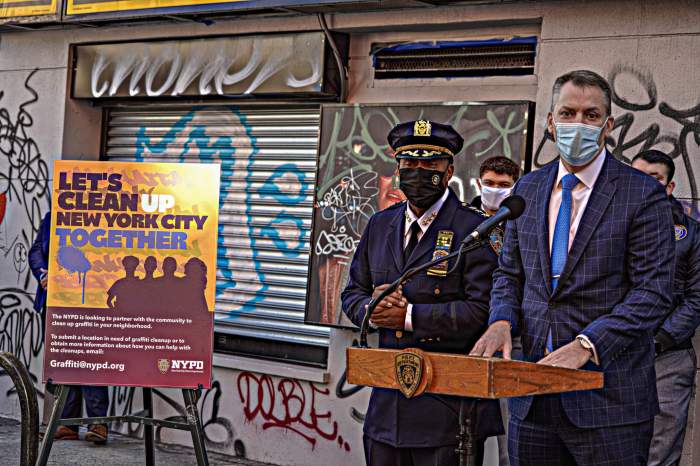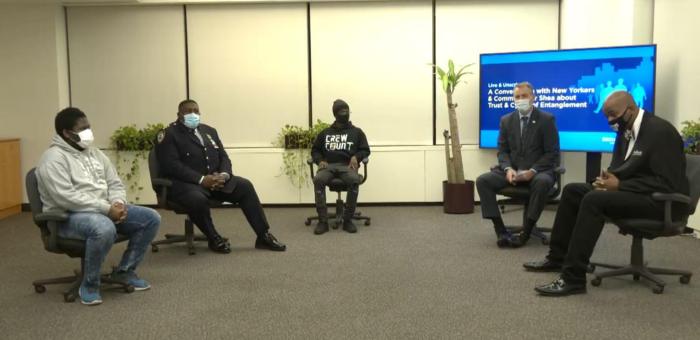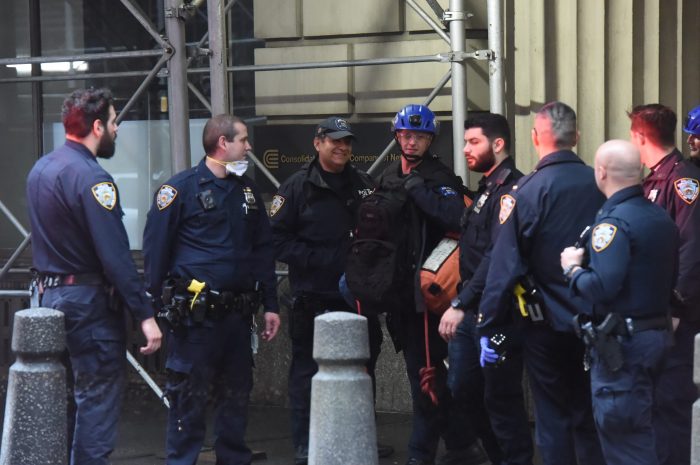The public can now access a preliminary list of disciplinary records of NYPD officers through a comprehensive CCRB Database—more is expected to be released next week.
Police misconduct and the call for further transparency between the department and the communities they serve has been a big talking point for New Yorkers over the last several years, which came to a boiling point after the death of George Floyd when an officer with numerous misconduct records knelt on his neck for 8 minutes and 46 seconds on May 25. This sparked a massive outcry across the United States during the summer of 2020, becoming the height of the Black Lives Matter protests.
For the first time, users can search this new directory for the bracket of misconduct complaints or even via an officer’s rank. Thousands upon thousands of records can be sifted through, although there is some privacy still being maintained. The database will only make civilian grievances available by the Civilian Complaint Review Board; internal issues will still be withheld.
“You’ve heard a lot of different pieces that we’ve talked about in recent days to deepen that trust and that connection between police and community. Obviously, the discipline matrix, the effort to bring communities into the selection of precinct commanders, so many things that are going to help us move forward,” Mayor Bill de Blasio said during a press conference on March 4th.
This move forward comes after decades of complaints being blanketed by the 50-A statute, until it was repealed in June of 2020 following the call for greater racial justices and the “Defund the Police” movement.
While the city’s police unions attempted to block the records from being released over concerns of officers’ safety, NYPD Commissioner Dermot Shea takes pride in the disciplinary methods in place, stating that while “it’s not perfect,” it is something he takes seriously and has a solid foundation. During a meeting at One Police Plaza on Thursday afternoon, Shea spoke on the topic.
“The last hurdle, 50-A, has now passed. I think it’s going to get stronger. Here’s what’s happened in the past, here’s why we think it’s strong. The dashboard is going to make discipline even stronger,” Shea said.
Data on over 48,000 inactive officers and over 34,000 active officers can be found on the webpage, which can be reviewed here: https://www1.nyc.gov/site/ccrb/policy/MOS-records.page



































